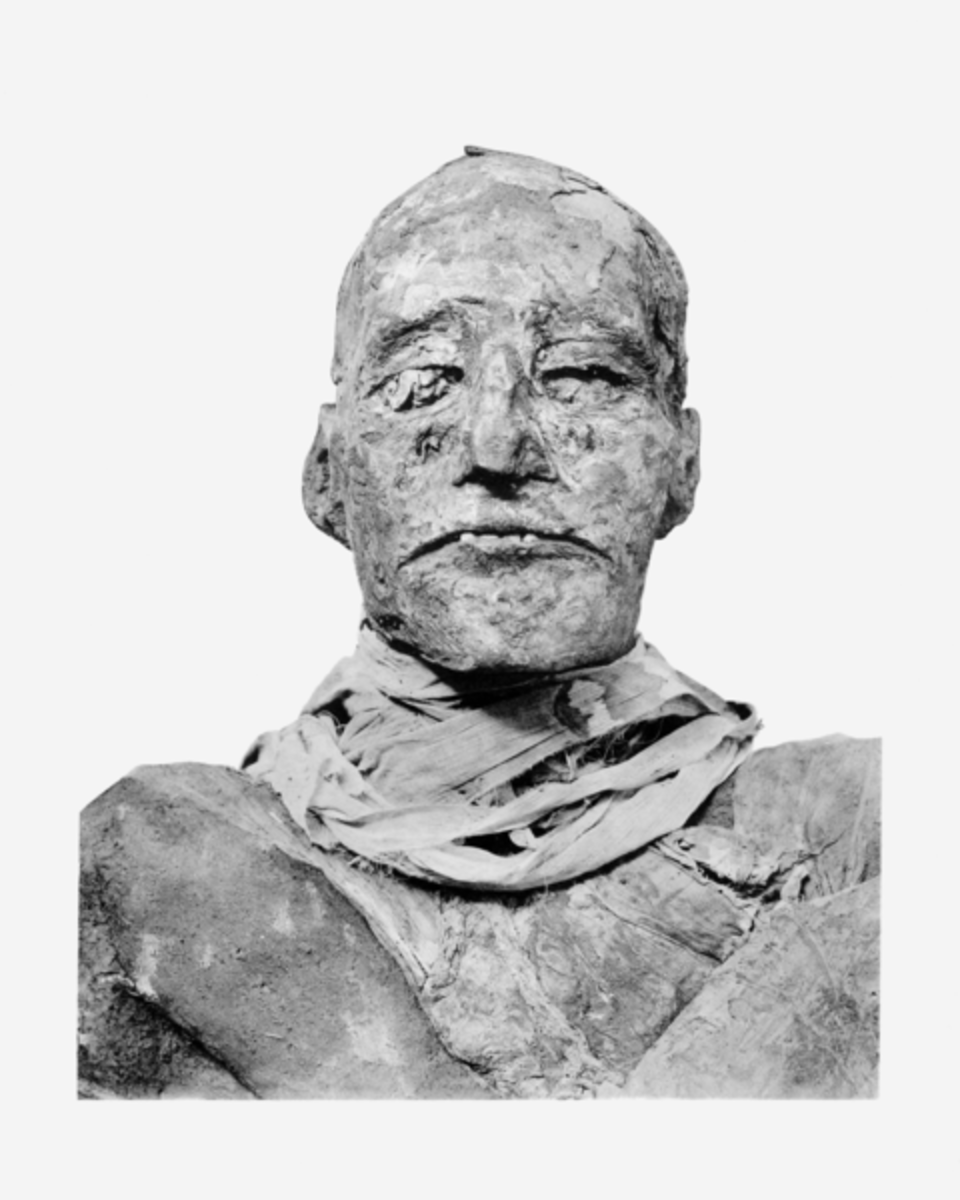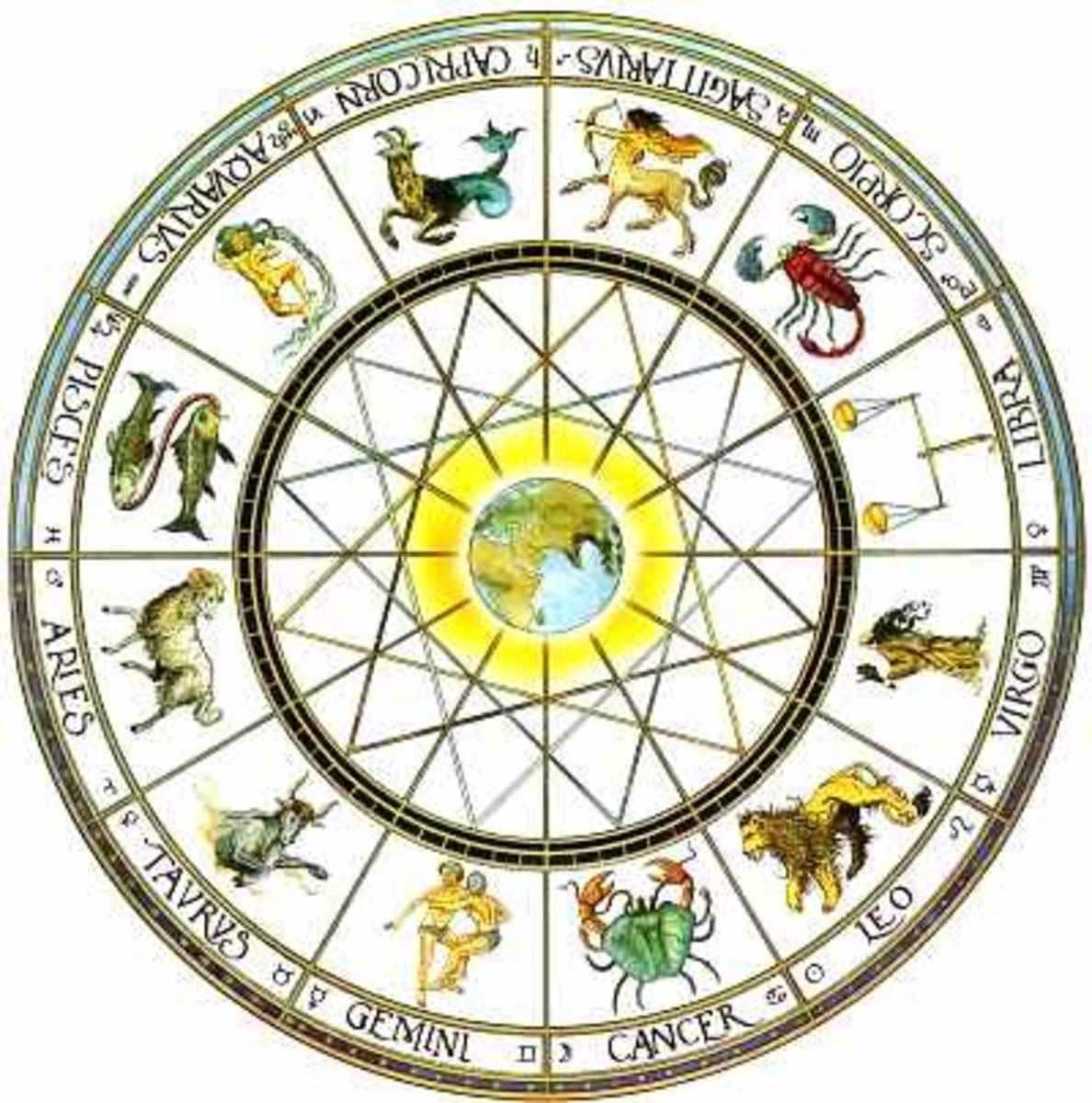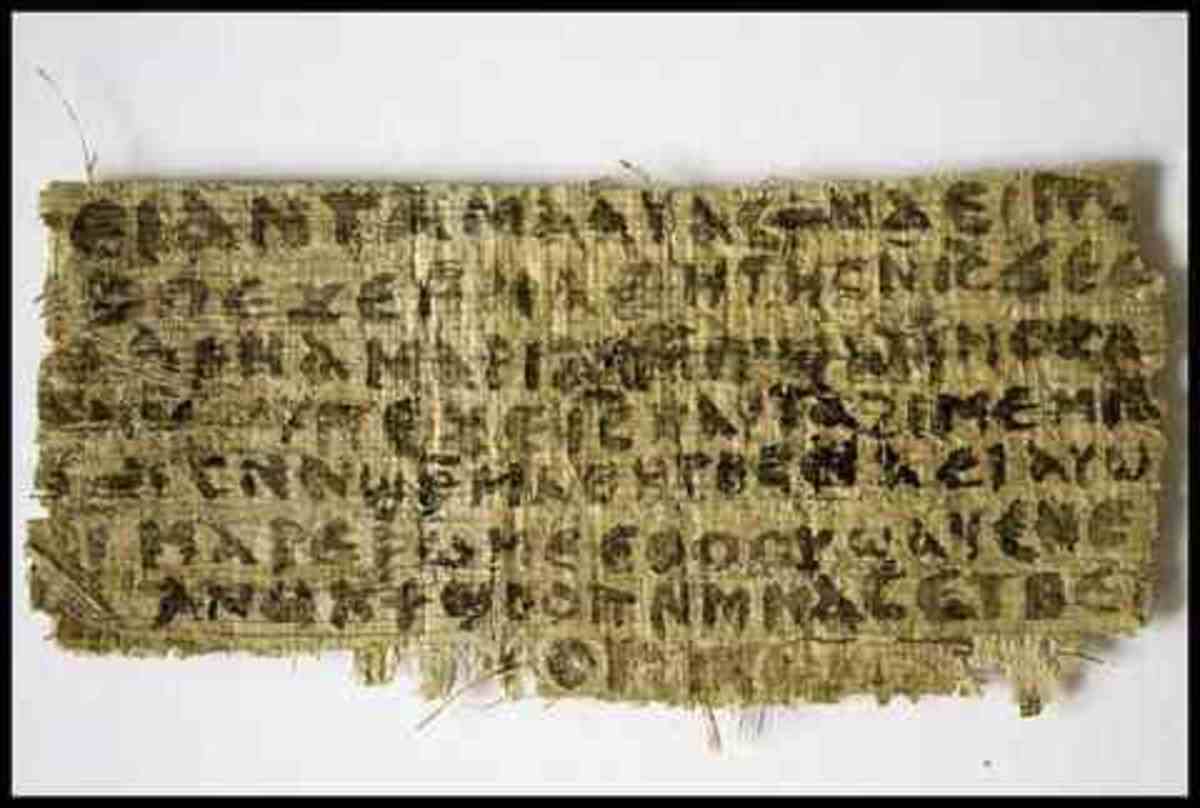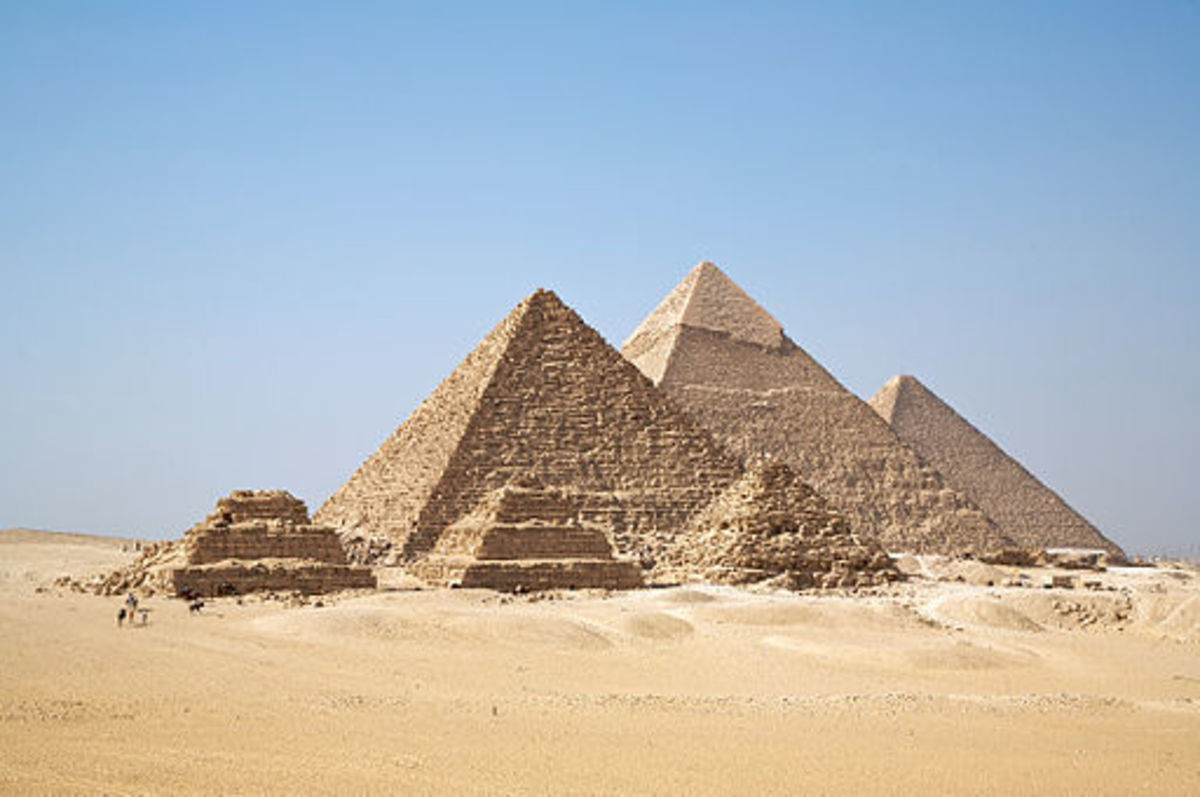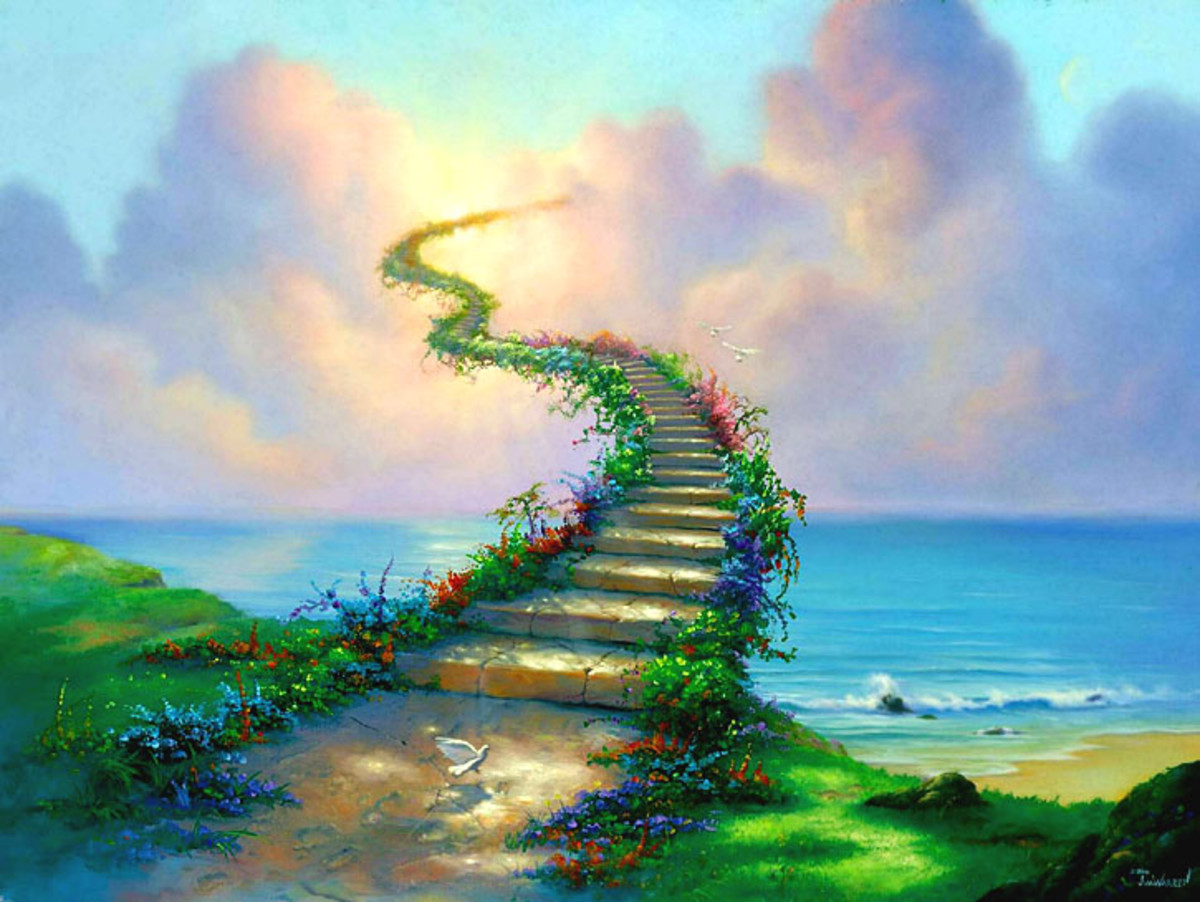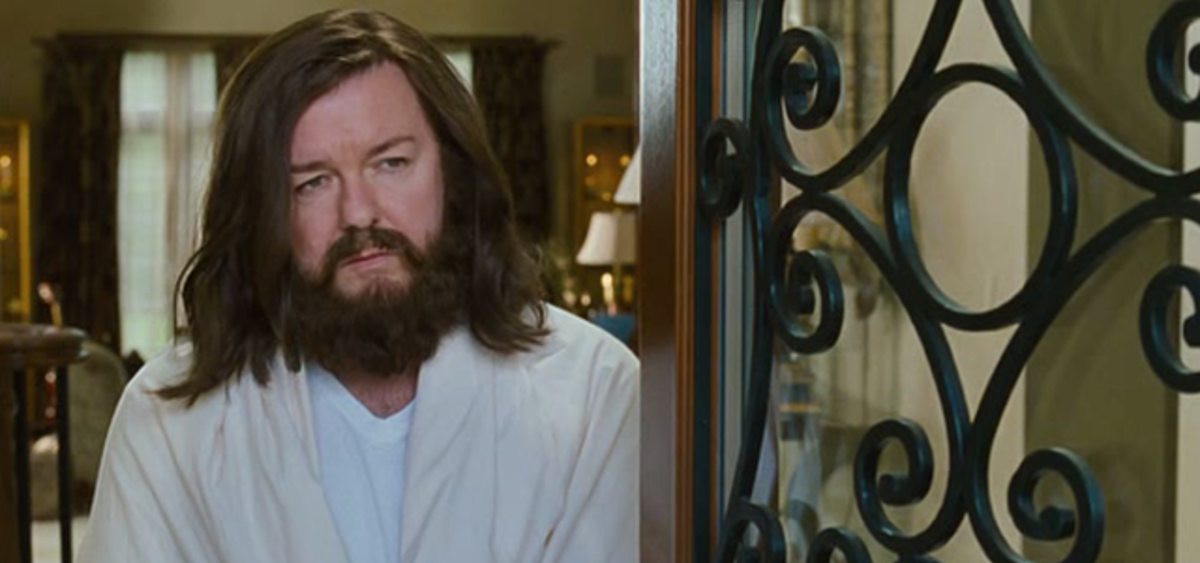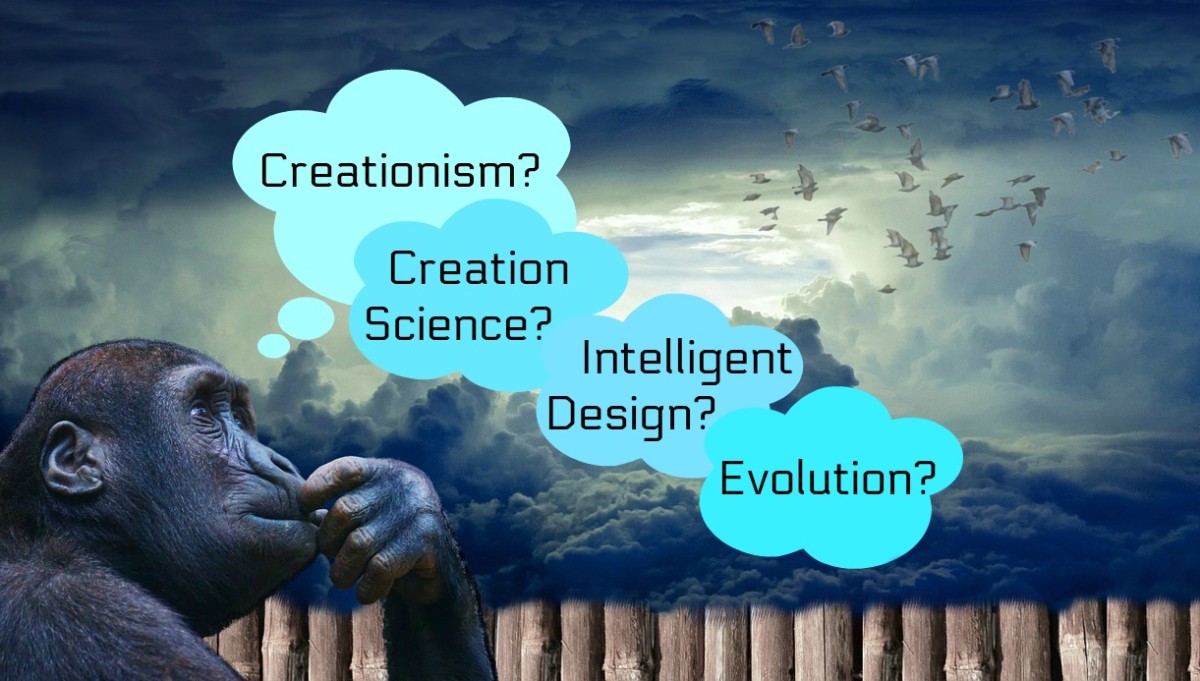Why "Holy Books" exist
God, Lazarus and Rich man
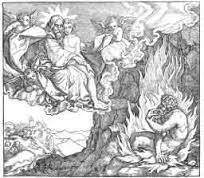
Why holy books exist
Ignorance. A misguided idea that there is a god or only one god who has all the answers. The desire to appear as special or even a "Chosen People." Stupidity.
No single tract is holy nor is any tract original: from the Book of the Dead to the Torah and Prophets, to the Bible, all religions have plagiarized other tracts, distorting texts to show a false superiority that cannot be justified by critical analysis or research. This can be seen in the papyrus and other pictographic texts on pyramids that recounts the success of the pharaoh Thutmosis III victory over four kings at the Tel (Har) Megiddo that mushrooms into the poorly rewritten record in Isaiah 53 (The Prophets) and ultimately into the nightmare by the mad man John of Patmos in his Armageddon.
The same is true in the fantasy of a father god embracing a poor youth named Lazarus as they are entertained with the suffering of a rich man. It is also from ancient Egypt (Haemwaset on Setne papyrus: the tale of the rich man in hell) and transmogrified into a legend among the Hebrews who (as Apiru) were mercenary soldiers in the Hittite army in Egypt, to the plagiarized story of Abraham, Lazarus and the Rich man in the gospels (Luke 16:9-31). Among the ancient Hebrews/Apiru, Lazarus was the reinvention of Job who was covered with sores and sat outside of the "rich man's gate" (cf. papyrus Preisigke Sb 2034:11). In early Rabbinical legends "the Bosom ofAbraham" was where the righteous went. (cf. Kiddushin 72b, Ekah 1:85).The illustrations show cruelty, pedophile patronage, and sadism. Being held "in the bosom of Abraham" is a universal myth, that was even found in Judea: 4 Maccabees 13:17. Later christianos / christianis rejected Abraham as being dead, and that rejection found its way into the epistle to the Hebrews 11:13, 39-40. Abraham had died and hell was an imaginary place "من قلب اللهيب".
The epistles were written before any gospel came into existence. The gospels were made necessary because of the gaps of contents and references in the epistles. The purpose of both were to push a new Middle East religion to feed the priests and preachers who were estranged from labor, thinking that lips that prayed were better than hands that worked. In time, after the emperor Constantine I created his own "catholic [universal] church at his Council of Nicaea in 325 CE, the movement for a book was heatedly debated until the same emperor had the Arian bishop Eusebius of Caesarea write 50 copies to send to the churches in the East--while the early believers had scrolls that were not read by worshiped as tracts of distant gods who were later styled apostles, saints, and doctors of the church.
The growth of this church was built on pools of blood and an imperial edict (Codex Theodosius, 429 CE - 438 CE) that allowed the new believers to rob, steal, kill those who did not conform and from that rewrite the history of the faith as a part of the law courts known as ecclesia in dioceses that had been an time honored (over centuries) of imperial power (Read: The myth of persecution : how early Christians invented a Story of Martyrdom by Candida R Moss, New York: Harper One, 2013).
The Koran incorporates follows the ancients who turned horror stories into instructional lessons. Many fictional characters such as Adam, Noah, Jesus, Mary, and other fables into the text that Muhammad demanded be written down when he left the dessert--as he was taught by ancient Jews, Christians, and Greek traders.
Religion is based on myth, matures on fantasy and allows religion to deny science and forbid individual inquiry and scholarship to protect its own venal existence as it did with the Roman Catholic Church buttressing the Ptolemy theory despite the advances of Galileo--and even today protecting this pathetic god from the inquiring mind of Stephen Hawking. As long as pseudo-holy books or those writings declared by the dregs of humanity who make their livelihood off of those who work as they pray, there will no real science or freedom. As Denis Diderot wrote: "Not until the last king is strangled with the guts of the last priest will anyone be free."

